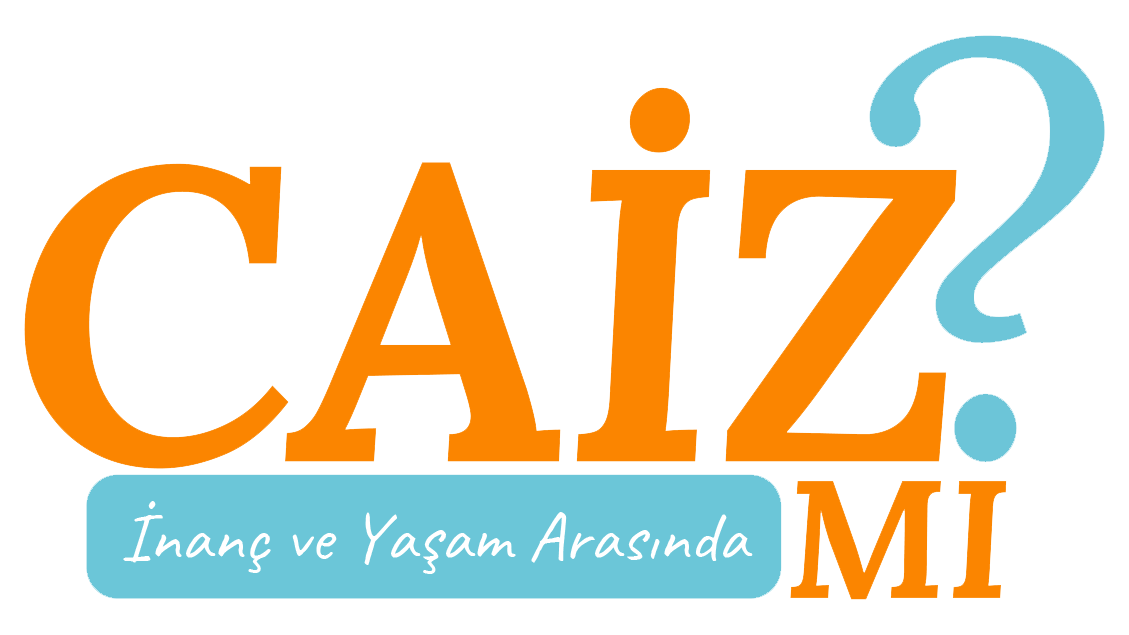In Islam, the ruling on foods and drinks containing alcohol is based on the principles of istihala (chemical transformation) and istihlak (absorption or dilution). Some scholars argue that foods containing small amounts of alcohol may be permissible, considering the purpose of alcohol use, its chemical nature, and whether it is deemed impure (najis). However, others maintain that since alcohol is the primary ingredient in intoxicating beverages, any food containing it, regardless of quantity, is prohibited.
The principle of istihala states that when a substance undergoes a complete chemical transformation, its ruling changes accordingly. However, the alcohol used in vanilla flavoring does not undergo such transformation. Moreover, natural alcohol found in foods like fruits, bread, and yogurt, resulting from natural fermentation, does not render these foods impermissible because the alcohol content is not intoxicating. Conversely, alcohol added externally is directly considered an intoxicating substance and therefore haram. Ethanol, being the core component of intoxicating drinks, is prohibited due to its intoxicating and mind-altering effects.
While there are varying views on whether alcohol is materially impure (najis), this does not change its prohibited status. Even if a forbidden substance is clean, its addition to food remains impermissible. Furthermore, the intention behind using alcohol, such as dissolving flavors rather than intoxication, does not negate its prohibition. The use of a haram substance cannot be justified by good intentions.
In conclusion, consuming foods like vanilla flavoring that contain even small amounts of alcohol is not permissible. The prohibition of alcohol in Islam inherently extends to the foods it is mixed into. Muslims should avoid consuming such products, and manufacturers using alcohol should clearly disclose this on their labels to ensure consumer awareness.
